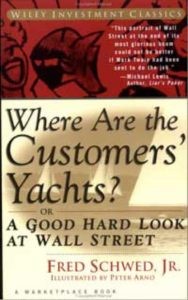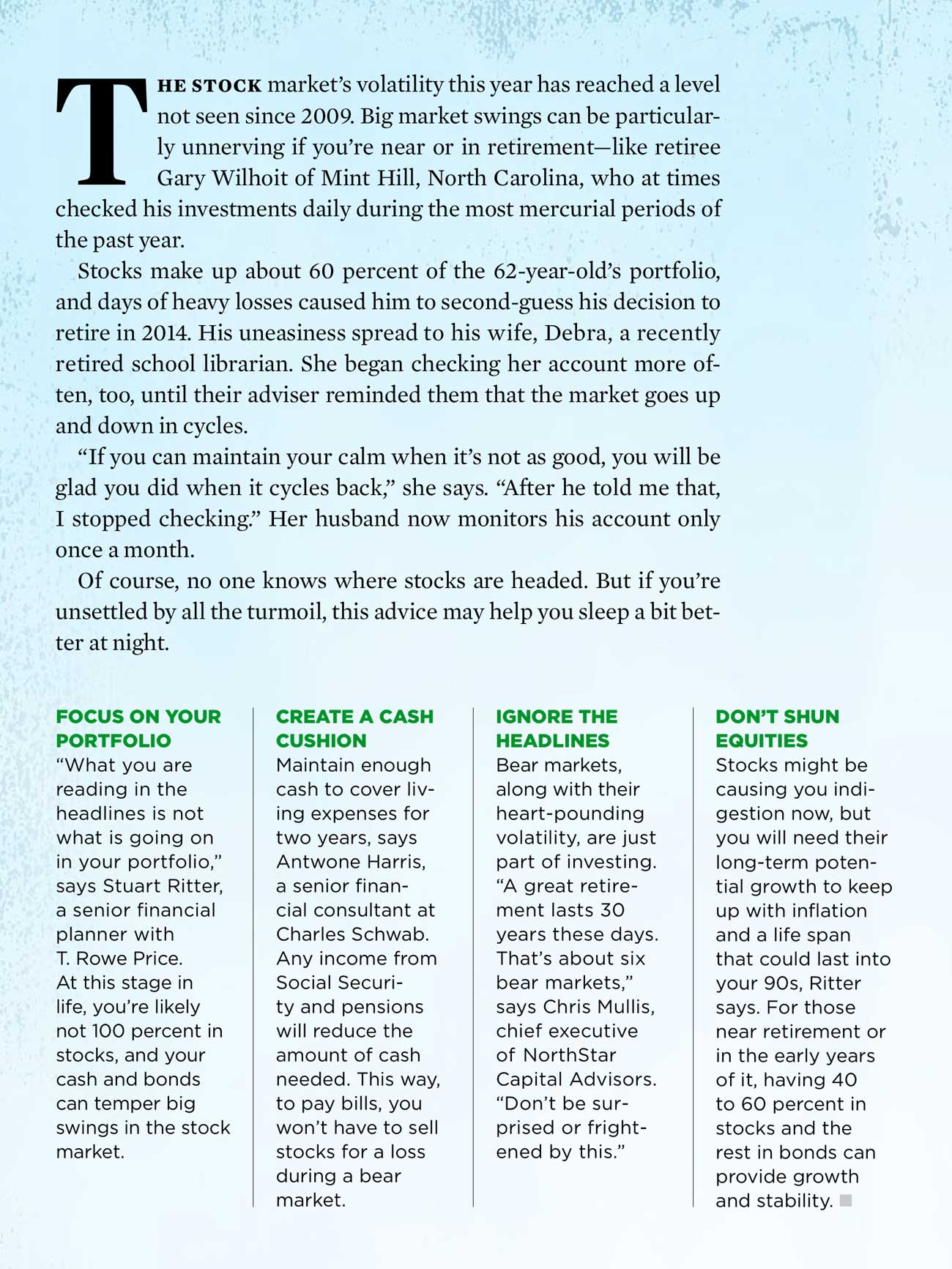What You Should Focus On
 We all want to live a great life. The path to achieve that life relies, in part, on knowing what to focus on and what to ignore. Focusing on the things you can’t control is a waste: a waste of time, energy, and often, money. Here’s a list of things that matter, things you can control, and the things you should focus on.
We all want to live a great life. The path to achieve that life relies, in part, on knowing what to focus on and what to ignore. Focusing on the things you can’t control is a waste: a waste of time, energy, and often, money. Here’s a list of things that matter, things you can control, and the things you should focus on.
Things that matter:
- Health
- Human progress
- Long-term market returns
Things that you can control:
- How you treat people
- Feeling good about yourself
- Making smart financial decisions
What you should focus on:
- Living a happy, productive life
- Surrounding yourself with good people
- Not letting a long-term plan be derailed by the current market environment
Source: Carl Richards, Michael Batick


















